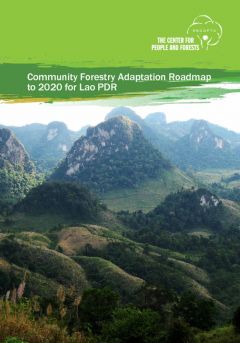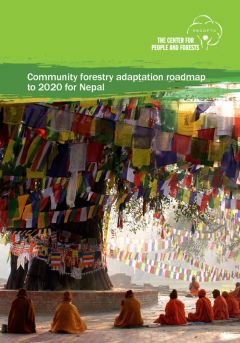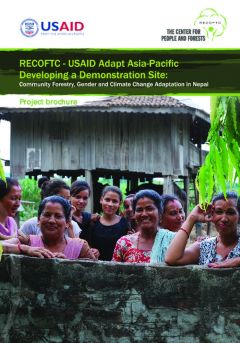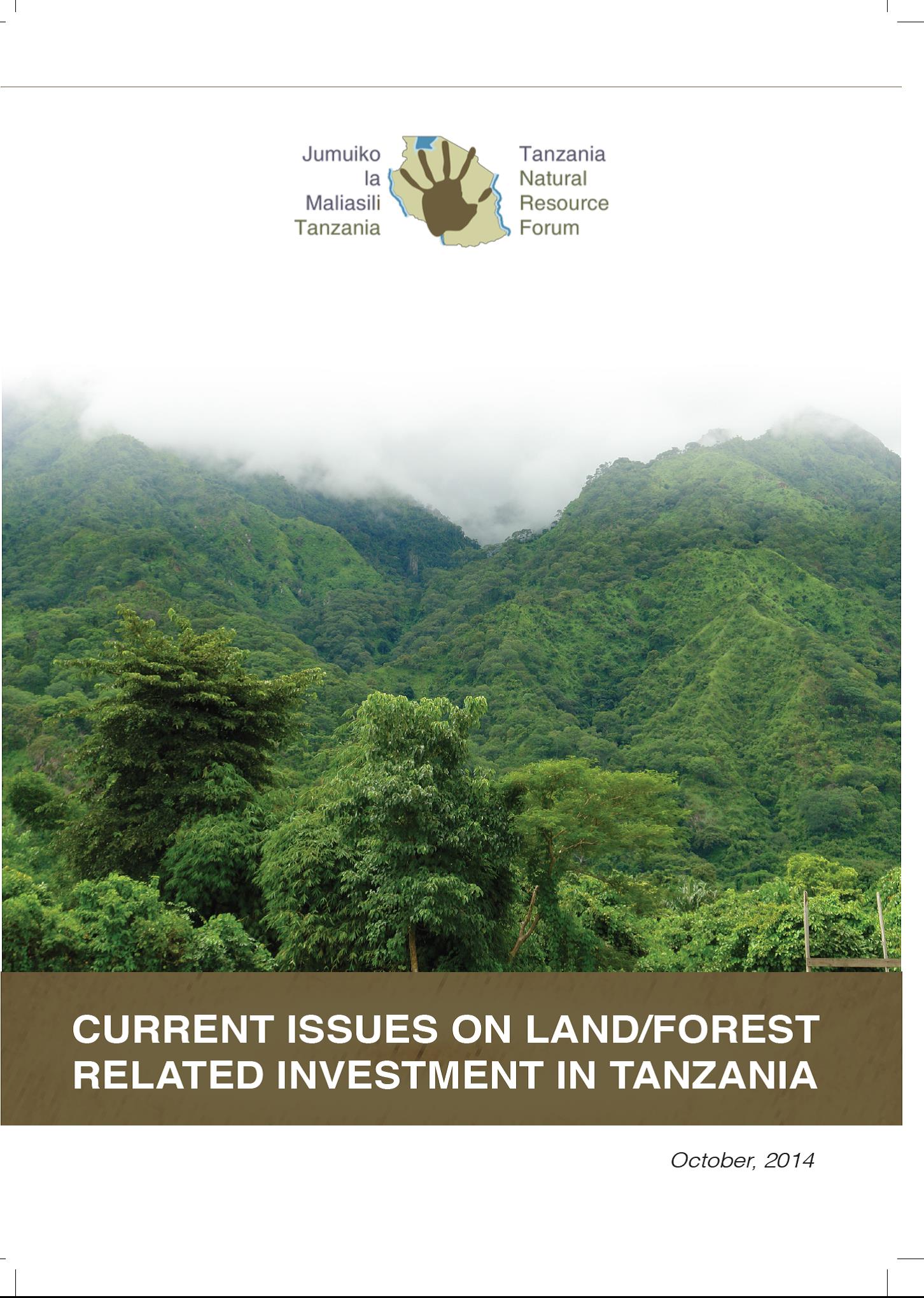Community Forestry Adaptation Roadmap to 2020 for Lao PDR
Climate change-induced agriculture failures will increase the reliance of rural communities on forest resources to make ends meet, particularly for communities with the least household assets. Women in rural communities will be especially impacted by climate change, as traditionally, they are responsible for ensuring household food security and collecting food from the forest.







